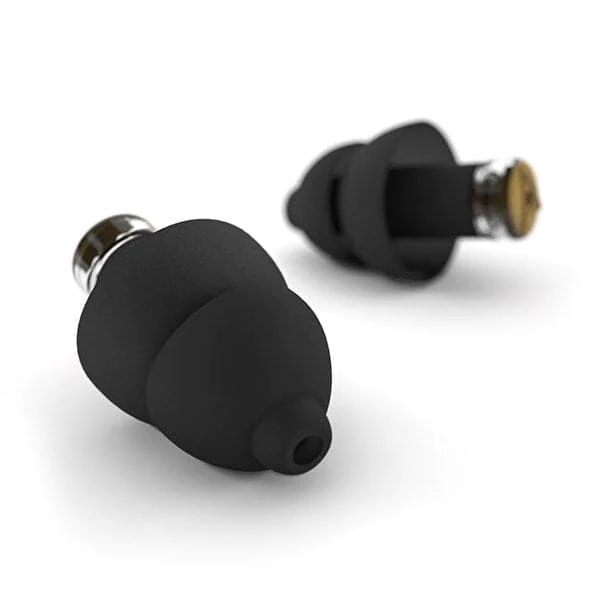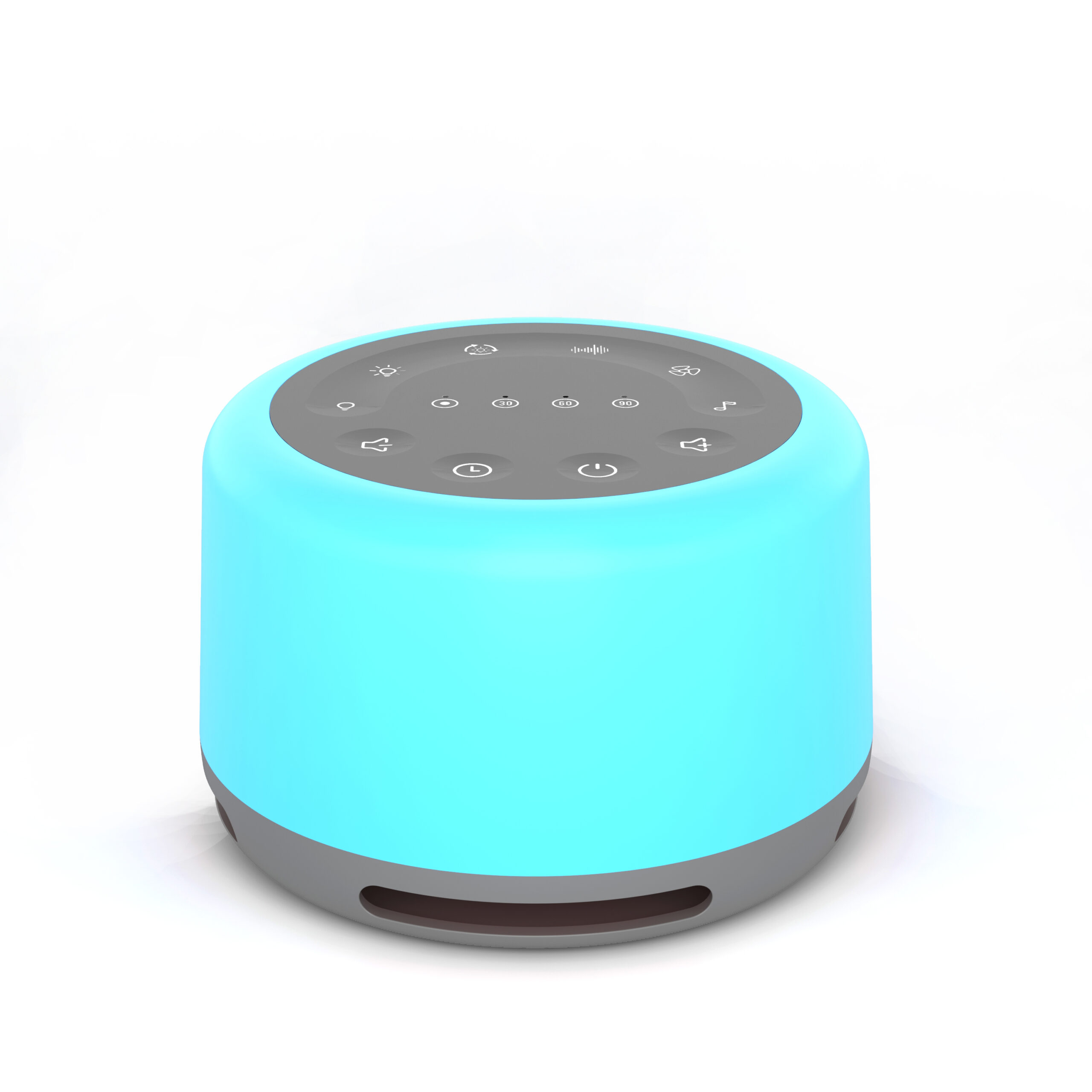Blog
How to find the Perfect Sound for Sleep – An Expert’s Guide
- Daniel Hastings
Table of Contents
A good night’s sleep is essential for our physical and mental well-being. However, many of us struggle to get the recommended 7-9 hours of sleep per night due to various factors, including noise. Whether it’s the sound of traffic outside, a snoring partner, or a crying baby, noise can disrupt our sleep patterns and leave us feeling exhausted and irritable the next day.
To help you get the rest you need, we’re going to explore the most effective sound for sleep that can help you achieve a blissful slumber.

Discover the Best Sound for Sleep
1. Nature sounds
The sound of nature, such as the ocean, rain, or birds, can be very soothing and help to relax the mind. These sounds can be found on nature sound apps, CDs, or white noise machines. Nature sounds can be especially effective for people who find the sound of white noise to be too harsh or artificial.

2. Classical music
Some sleep experts recommend listening to classical music before bed as a way to relax the mind and prepare for sleep. The soothing melodies and slow tempo of classical music can help to create a peaceful environment and promote sleep. It’s important to note that classical music should be played at a low volume and without lyrics to avoid distracting the mind.
3. Brown noise
Brown noise is a low-frequency sound similar to white noise but with a deeper, more natural tone. Some people find brown noise to be more soothing and effective at blocking out other sounds than white noise. Brown noise can be found on apps or white noise machines.
4. Silence
While it may seem counterintuitive, some sleep experts recommend sleeping in complete silence. The absence of any noise can help to relax the mind and promote deep sleep. It’s important to note that if you live in a noisy area, earplugs or a Dreamsonic Bluetooth Sleep Mask and or white noise machine may be needed to achieve complete silence.
It’s important to note that everyone’s sleep needs differ, so what works for one person may not. Experiment with different types of noise to find what works best for you. Also, make sure to keep your room as dark and cool as possible, as this can also help to promote a good night’s sleep.
5. White noise
White noise is a consistent, low-frequency sound that can help mask other noises and create a soothing background noise. White noise includes the sound of a fan, a humidifier, or a white noise machine for adults. Many sleep experts recommend white noise as a way to block out other sounds and create a peaceful sleep environment. White noise can be particularly useful for blocking out sudden, loud noises, such as car alarms or thunderstorms.

What Do Sleep Experts Recommend?
Creating a peaceful sleep environment is crucial for a good night’s rest, and sleep experts often recommend using sounds to achieve this. Two of the most popular options are white noise and nature sounds.
White noise has been shown to reduce stress levels and improve sleep quality by masking disruptive noises in the environment. White noise machines, widely available in various shapes and sizes, can be used to generate white noise, or you can find white noise apps and online resources that allow you to customize your soundscape.
Nature sounds such as rain, thunderstorms, birdsong, and ocean waves are another great option for promoting relaxation and sleep. There are also nature sound machines, apps, and online resources to customize your own nature soundscape.
Music can also be used as a sleep aid, but it’s important to keep the volume low and avoid music with lyrics, which can be distracting. Soft, instrumental music is a good option, providing a gentle background without being disruptive. Audiobooks are also a great choice, as they offer a narrative background without being too disruptive. Some audiobooks are specifically designed to be soothing and relaxing.

What is the Science Behind Sounds for a Better Night Sleep?
To achieve a good night’s rest, many people turn to sound for sleep, such as white noise, nature sounds, and music, to create a peaceful sleep environment. But what is the science behind these sleep sounds, and how can we choose the best noise for a good night’s rest?
First, it’s important to note that the sound’s volume and intensity should be considered when choosing a sound for sleep. A sound that is too loud or too intense can be disruptive and make it difficult to fall asleep. On the other hand, a too-quiet or low-intensity sound may not be effective in masking other sounds and promoting relaxation.
The type of sound is also important to consider. Research has shown that certain sounds, such as white noise and nature sounds, can be more effective than others in promoting relaxation and sleep.
White noise is a consistent, low-frequency sound that can help to mask other noises and create soothing background noise. White noise can be particularly useful for blocking out sudden, loud noises, such as car alarms or thunderstorms.
Nature sounds, such as the sound of the ocean, rain, or birds, can also be a very soothing sound for sleep and help to relax the mind. These sounds can be found on nature sound apps, CDs, or white noise machines. Nature sounds can be especially effective for people who find the sound of white noise to be too harsh or artificial.
Music can also be used as a sleep aid, but choosing music that is soft, instrumental, and played at a low volume is important. Avoid music with lyrics, as it can be distracting.

6 Tips to Ensure a Better Night Sleep
Achieving a good night’s rest starts with creating the ideal sleep environment. To ensure optimal slumber, consider these tips for selecting the perfect sleep sounds:
Achieving a good night’s rest starts with creating the ideal sleep environment. To ensure optimal slumber, consider these tips for selecting the perfect sleep sounds:
- If you have trouble sleeping, try listening to soothing sleep sounds such as white noise or nature sounds to help you relax and fall asleep.
- Experiment with a variety of sounds for sleep, such as white noise, nature sounds, and calming music, to find what works best for you.
- Adjust the volume and intensity of the sound to a comfortable level that is neither too loud nor too soft.
- Establish a sleep routine and stick to it, which will help your body adjust to a regular sleep schedule.
- Opt for a dark, quiet sleep environment by using blackout curtains and noise-canceling headphones as needed.
- Avoid screens before bedtime, as the blue light emitted by electronic devices can disrupt your sleep.
Conclusion:
A variety of noises can be useful for blocking sound for sleep, but it’s essential to find the one that works best for you. White noise, nature sounds, classical music, brown noise, and even silence can all effectively block unwanted noise and create a peaceful sleep environment. Give them a try and see what works for you. Happy sleeping!












